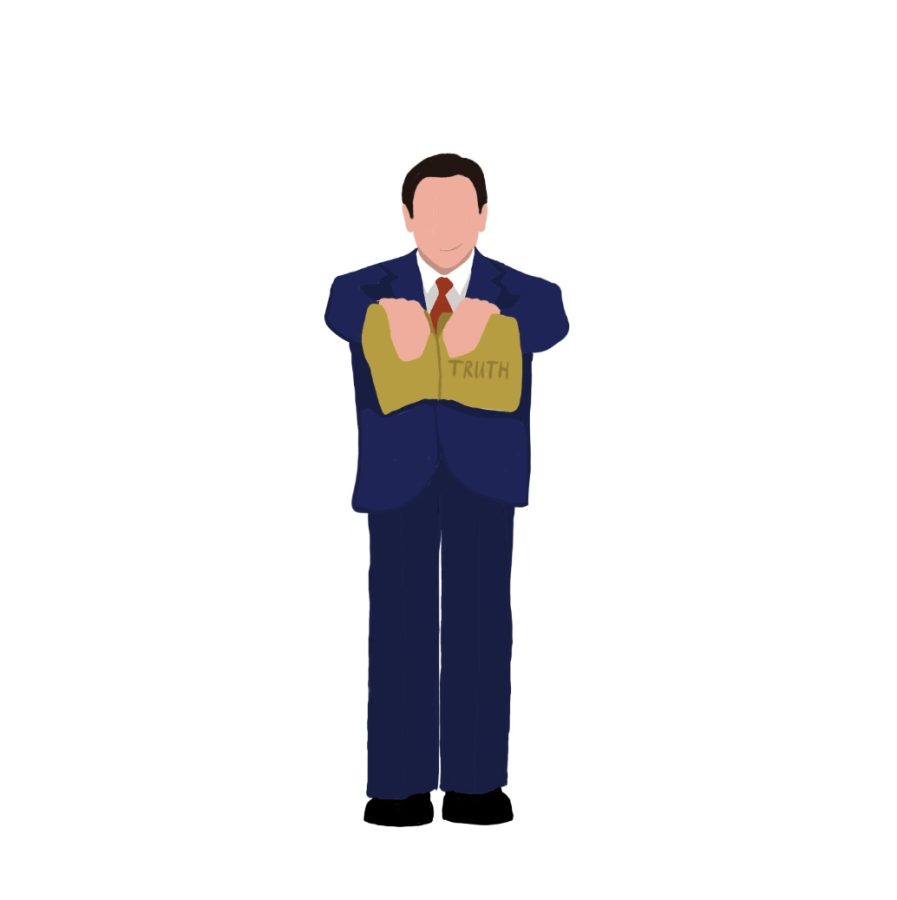Censorship Attacks Education as We Know it
February 17, 2023
Last school year, more books were banned in schools than ever before, with 1,651 titles removed from shelves. The bans targeted books discussing race, sexual orientation, or gender identity. This censorship extends beyond just books, however – it is threatening school curriculums as well.
The source of this sudden shift is moral panic over CRT, or Critical Race Theory, a university level concept centering around the idea that racism is systemically entwined in America’s laws and institutions. Though there is no evidence that this curriculum is being taught in K-12 schools, this has not stopped public outcry over the idea of children learning about real-world issues like racism.
Republican lawmakers in 36 states have introduced bills to restrict education on race, including banning the AP African American Studies course in high schools and clearing out libraries to have each book checked for “inappropriate” content.
MHS Language Arts teacher Clare Harley said she believes that it is important to “celebrate what makes each person unique.” A part of this celebration is adequate representation in curriculum, providing students with an opportunity to see themselves and others in their learning.
Censorship of this learning impacts students of all backgrounds inside and outside of the classroom. “Minority students have to deal with questions around their identities from when they are very young,” Harley noted.
Eliminating these conversations from the classroom prevents all students from having the opportunity to speak about these subjects and hear from their peers in a respectful and productive manner. Perhaps this is the aim of lawmakers who seek to disrupt curriculum, which is why restrictions attack LGBTQ issues alongside discussions of race.
13 states have passed laws impeding instruction about LGBTQ issues and history in the past year, with the overwhelming message being that it is “developmentally inappropriate” for children to be aware of gay and transgender people. Not only are LGBTQ students and students at large deprived of education, but students with gay or trans parents may also be barred from even referencing their parents’ identities.
Such restrictions create a precarious situation when it comes to the mental health of gay and transgender youth. According to The Trevor Project, an LGBT advocacy group, these youth are at four times the risk of their peers for suicide as a result of the way that they are “mistreated and stigmatized in society.”
“It’s important to be acknowledged, and not be treated like you’re an alien from another planet. Having these conversations doesn’t harm anyone,” said Tessa Putnam, ‘26.
As censorship continues to accelerate, it is important to acknowledge its detrimental effects and the threat it poses to education as we know it. The concern that should reside in the minds of students, parents and educators alike is that the problem will not stop here. What will be attacked next, and how much can curriculums be hollowed out before truth is lost alongside representation?






























